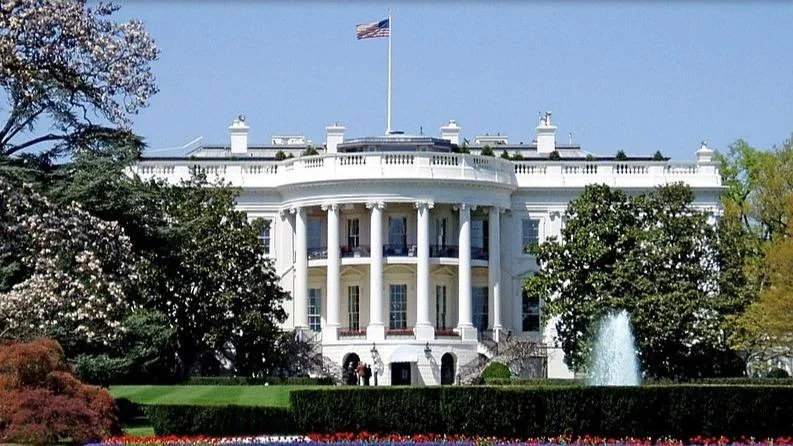The United States has issued an order to expedite the deployment of advanced nuclear reactor technologies, emphasizing their role in national security. The order was signed by the President on May 23, 2025. It highlights the necessity for a reliable energy supply to support critical defense facilities and infrastructure that could be vulnerable to external threats.
Advanced nuclear reactors, including Generation III+ reactors, small modular reactors, microreactors, and mobile reactors, are identified as potential solutions to provide resilient power sources. The President's directive underscores the need for rapid development and deployment of these technologies domestically and abroad.
"The Federal Government must utilize its full authority to accelerate the secure and responsible development, demonstration, deployment, and export of United States designed advanced nuclear technologies," states the order. This initiative aims to enhance American technological superiority and reduce reliance on foreign adversaries.
The policy outlined includes encouraging private sector investment in nuclear technologies by leveraging federally owned resources such as uranium and plutonium. It also calls for coordination between the Department of Defense (DoD) and the Department of Energy (DOE) to optimize resources effectively.
A key component is deploying advanced nuclear reactor technologies at military installations. The Secretary of Defense is tasked with establishing a program for utilizing nuclear energy at domestic military bases by September 30, 2028. Additionally, the DOE will assist with technical advice regarding reactor design and operation.
The order further instructs DOE to designate AI data centers at its facilities as critical defense facilities where appropriate. Within 90 days from the order date, DOE must identify sites for deploying advanced nuclear reactors.
Uranium supply management is addressed by requiring DOE to release high assay low-enriched uranium (HALEU) into a fuel bank for authorized projects while ensuring stockpiles remain available for other national security needs.
Interagency coordination between DoD and DOE is mandated to support research and implementation of these initiatives. Compliance with environmental regulations will involve consulting with relevant authorities like the Council on Environmental Quality.
Promoting American nuclear exports forms another crucial aspect of this strategy. "The Secretary of State or his designee shall lead diplomatic engagement...to enable the United States nuclear industry to access new markets in partner countries," according to the directive.
Finally, prioritization of security clearances related to nuclear technology distribution is emphasized under this order while maintaining compliance with existing laws and budgetary processes.
This executive action reflects an effort towards bolstering national security through innovative energy solutions while fostering international collaboration in civil nuclear projects.





